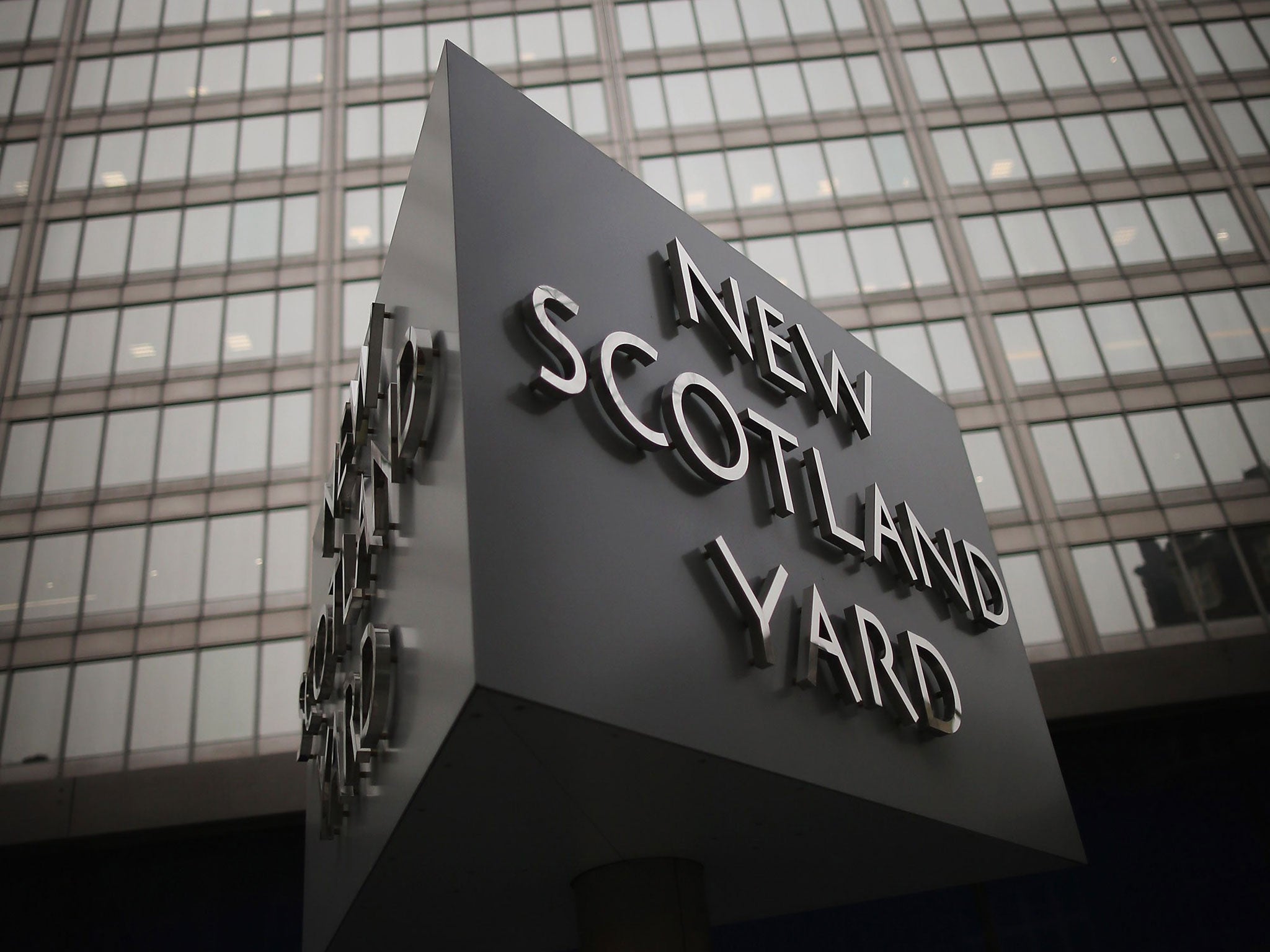Private citizen wins right to prosecute Met police worker
Unprecedented criminal action by an individual against police worker gets go ahead from CPS

Scotland Yard is facing fresh embarrassment after a citizen won the right to launch what is thought to be an unprecedented private prosecution of a police employee for perverting the course of justice.
Michael Doherty has triumphed in his five-year battle to personally bring criminal charges against a Met civilian worker, Tracey Murphy, who is alleged to have made false claims about the former aircraft engineer in a sworn witness statement.
It is believed to be the first time in UK legal history that an individual, rather than the Crown Prosecution Service, has managed to launch a private prosecution against a police civilian worker.
The news raises fresh questions about police conduct – days after the IPCC criticised the “honesty and integrity” of three officers implicated in the “Plebgate” conspiracy.
Ms Murphy, who is the secretary to the Hounslow borough commander, Carl Bussey, made a police statement alleging that Mr Doherty called her ten times over two days and made her feel “upset” and “harassed”. The father-of-three then decided to bring a private prosecution against her, alleging that the witness statement was false.
The bizarre case erupted in 2008 when Mr Doherty, who lives in Hillingdon, passed the Met an 86-page dossier of evidence that he claimed showed a relative had been the victim of a crime. Frustrated by a lack of progress, he says he phoned Hillingdon police station five times to try to speak to a senior officer and establish the status of the investigation.
During these calls, Mr Doherty spoke to Ms Murphy. Three days later, officers arrested him at home on suspicion of harassing their colleague.
Ms Murphy then made a police statement alleging that Mr Doherty had called her repeatedly and made her feel “upset” and “harassed”, which the Met relied on to justify his early morning arrest.
Mr Doherty was later cleared at trial and reported the matter to the Independent Police Complaints Commission.
However Deborah Glass, the deputy chair of the IPCC, decided that a “proportionate and appropriate outcome” would be a reminder to officers to keep “accurate and detailed notes”.
Unperturbed, Mr Doherty launched a private prosecution of Ms Doherty, and the Crown Prosecution Service took over the case in November 2011. The CPS later tried to drop the case, leading Mr Doherty to launch a judicial review.
Now, in a signed consent order agreed last week, CPS lawyers have conceded there is “enough material to provide for a realistic prospect of conviction” and that it is in the public interest for the prosecution to proceed.
A CPS spokesperson said: “In accordance with CPS legal guidance, where both the evidential and public interest stages of the Code for Crown Prosecutors have been met, a private prosecution should only be taken over if there is a particular need for the CPS to do so.
“In this case we do not consider there is a particular need for the CPS to take over the prosecution.”
Mr Doherty will now resume his prosecution, which will be led by an independent professional barrister.
Oscar Wilde once tried to personally lay charges for libel against the Marquis of Queensberry, who had publicly accused the writer of sodomy, which was then a crime. It failed and Wilde ended up convicted of gross indecency. In 1994, the family of Stephen Lawrence also mounted an unsuccessful private prosecution against five men who they believed killed him.
Mr Doherty told The Independent: “This has been a long and very stressful battle. The failure of public institutions like IPCC and the CPS forced me to take this unusual route. The proper place for this matter to be adjudicated is before a jury, not in a back office.”
Subscribe to Independent Premium to bookmark this article
Want to bookmark your favourite articles and stories to read or reference later? Start your Independent Premium subscription today.
